In this episode, we discuss the events leading up to the first Persian invasion of Greece (in 490 BC), including both sides' preparations for war, shifting alliances amongst the Greeks and Persians, and regnal squabbles at Sparta; the Battle of Marathon itself and its aftermath; the folklore that surrounded the battle afterwards and its monuments; the ongoing military feud between the Athenians and Aiginetans; and the internal political happenings at Athens during the 480s BC
492 BC - Mardonios, brother-in-law of Darius, is appointed as commander of the Persian army, establishes democracies in Ionian cities in place of former tyrannies, and sets out on a land and sea campaign to recover Thrace, which had broken from Persia during the Ionian revolt; Macedon once again recognizes the Great King as overlord, but the wreck of many ships in a violent storm as the Persian fleet tries to round Mount Athos on the Chalkidiki peninsula necessitates their return to Asia; however, with Thrace and Macedon under their control, Persian power now extends to the northern border of Thessaly
491 BC - Darius sends ambassadors to all Greek cities of the islands and central/southern Greece, requesting "earth and water" (i.e. submission); Athens and Sparta both resist, and Athens appeals to Sparta over suspected medism of their rival Aegina, so as a token of their reconciliation and alliance Kleomenes forces Aegina, a Peloponnesian ally, to furnish hostages to Athens; this leads to an internal squabble between the two Spartan kings, which results in Kleomenes convincing Leotychidas to get Demaratos exiled and to replace him as Eurypontid king; Demaratos thus flees to Persia, where he becomes advisor to Darius
Winter 491/0 BC - Darius makes preparations to punish Athens and Eretria for aiding the Ionian revolt and to take vengeance for the burning of Sardis (“Remember the Athenians!”)
Spring 490 BC - Datis and Artaphernes lead the Persian fleet from Cilicia in southern Asia Minor across the central Aegean, with the aim to exact punishment on Eretria and Athens and to install Hippias as tyrant; they take Naxos and burn its temples as retribution; Delos is spared and honored, though, while other islands are forced to give troops and hostages
Summer 490 BC - The Persian fleet sails to Euboea, forces Karystos to capitulate, and then proceeds to Eretria; the Persians pillage and burn Eretria's temples in revenge for the temples at Sardis and enslave its population; then they arrive with Hippias at the northern end of the plain of Marathon (an area of strong Peisistratid influence); Athens sends Pheidippides to Sparta for help, who covers 140 miles in one day; the Spartans, though, cannot send forces till after the full moon; so after Miltiades passes a motion to meet the Persians in the field, the Athenians march to Marathon, where they are joined by 600 Plataeans; the polemarch Callimachus follows the battle strategy of Miltiades (by using a double envelope), and the Persians are defeated (6400 Persian and 192 Athenian casualties, including Callimachus); the Persians then sail to Athens, but a possible shield signal (by the Alkmaionidai) is flashed to alert them that the Athenians had rushed back to Athens to prevent their landing; Datis and Artaphernes then return to Asia, where they are likely punished for their failures
489 BC - Miltiades undertakes an expedition to force the Aegean islands to renounce their allegiance to Persia; despite initial successes, he is injured and fails at Paros; upon his return, he is tried by Xanthippos for deceiving the people and fined a hefty sum of fifty talents, but dies shortly thereafter from his wound; Kleomenes' plot against Demaratos is discovered so he flees to Thessaly and then attempts to organize the Arcadians and helots against Sparta; in order to prevent this uprising, he is invited back to Sparta but shortly after his return, he goes mad and kills himself; Leonidas takes over as Agiad king of Sparta
Winter 488/7 BC - Ostracism of Hipparchos, a relative of Hippias (condemned to death in absentia); first successful ostracism on the Athenian historical record
Winter 487/6 BC - Ostracism of Megakles, leader of the Alkmaionidai and friend of Hippias
486 BC - The Spartans send Leotychidas with Aeginetan envoys to Athens for the Aeginetan hostages; Athens refuses and so Aegina captures a number of leading Athenians; war between Athens and Aegina results, in which the Athenians defeat a small Aeginetan naval squadron in the Saronic Gulf but are repulsed when they land on the island
Winter 486/5 BC - Ostracism of Kallias, son-in-law of Miltiades and friend of Megakles
Winter 485/4 BC - Ostracism of Xanthippos, brother-in-law of Megakles
483 BC - Athens discovers an unusually rich vein of silver in the Laurion mines with profits of 100 talents a year to the state; instead of distributing 10 drachma to each citizen, Themistocles persuades the people to pass a decree supposedly to build a large fleet of 100 triremes for the war with Aegina, but secretly he is aware of Persian preparations for another invasion (he is likely opposed by the hoplite-focused faction of Aristides); in addition, 100 of the richest men in Athens are made responsible for building and equipping one trireme each (first reference to what becomes the trierarchic system); timber for the 200 ships is imported from Macedon, where king Alexander, despite being a Persian vassal, remains pro-Athenian
Winter 483/2 BC - Ostracism of Aristides, political opponent of Themistocles
Map/Battle of Marathon (Initial Situation)

Recommended Podcast Episodes:
***History of Persia - Greece Awakens
***History of Persia - The Last Battle
***Maritime History - A ‘Heraldless War’ and a Man Named Themistocles
***Maritime History - Marathon and Persian Naval Power


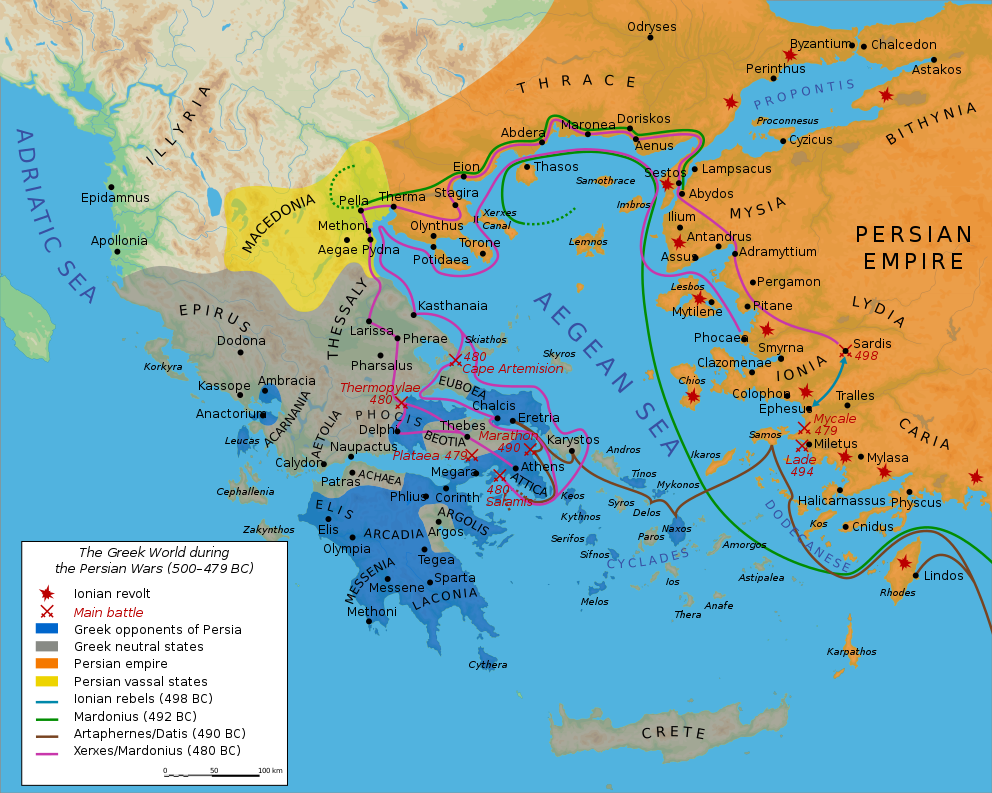

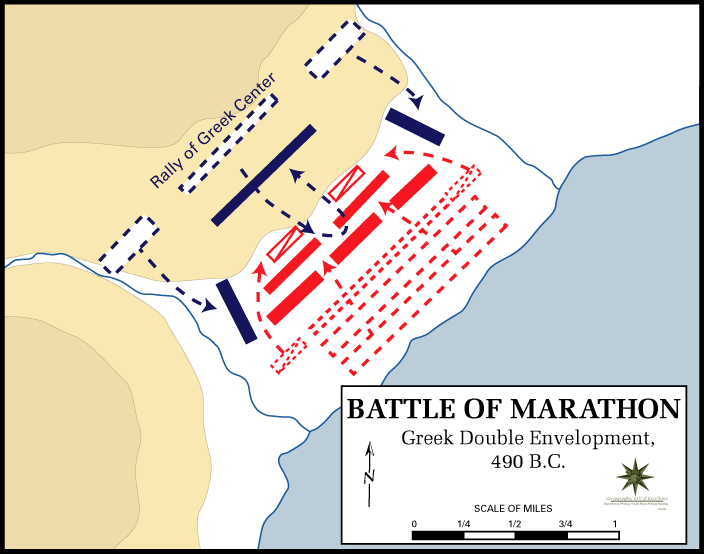
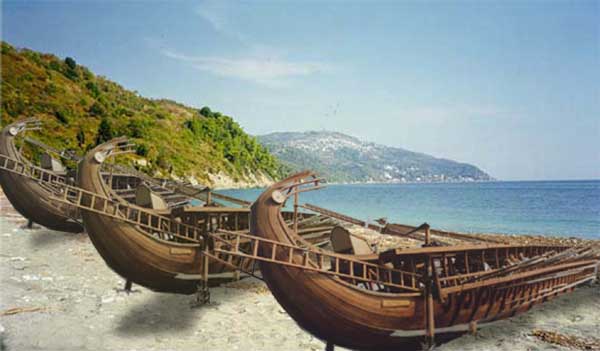

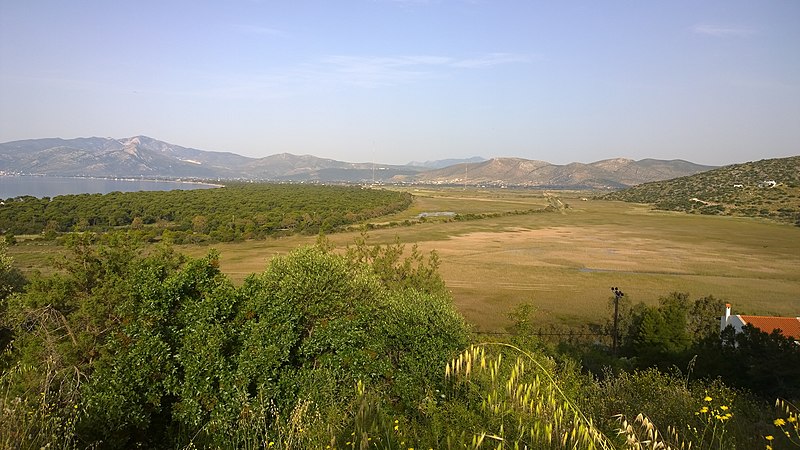
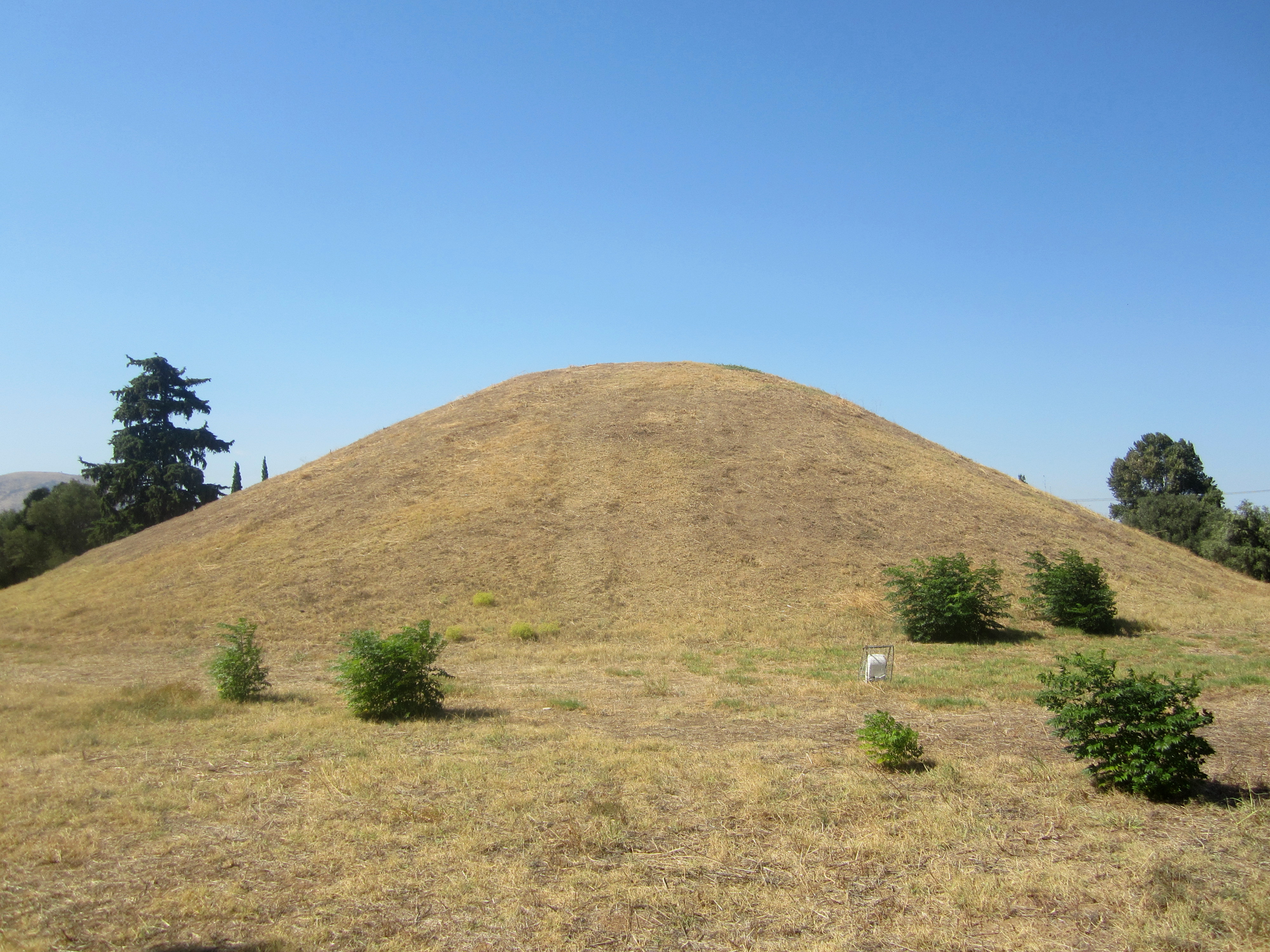


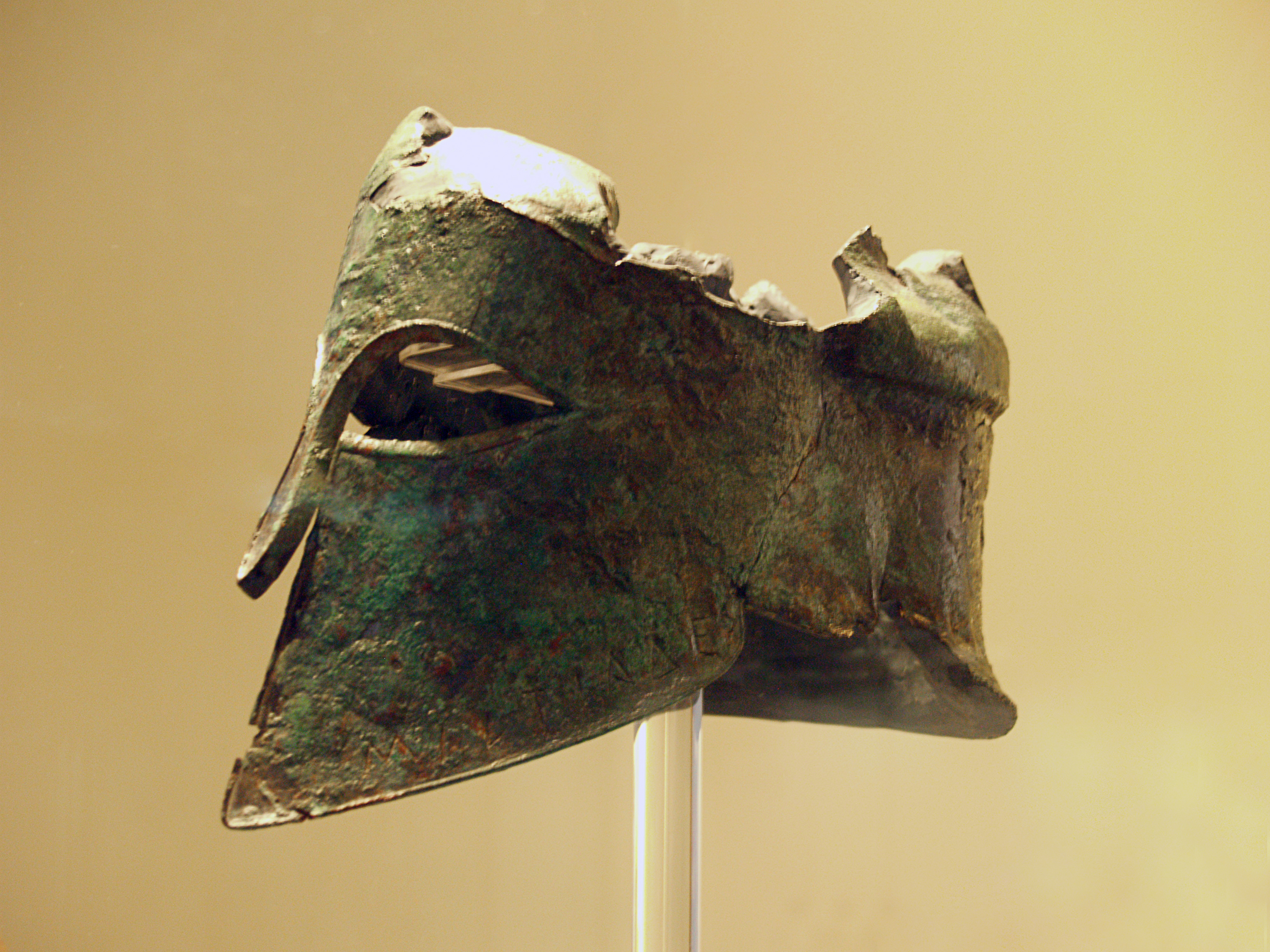

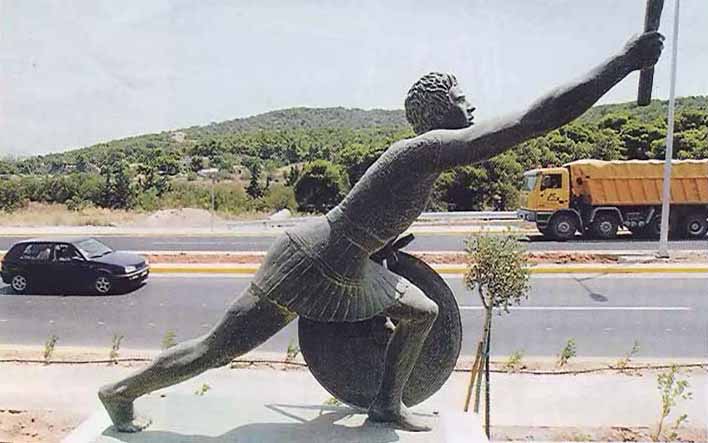
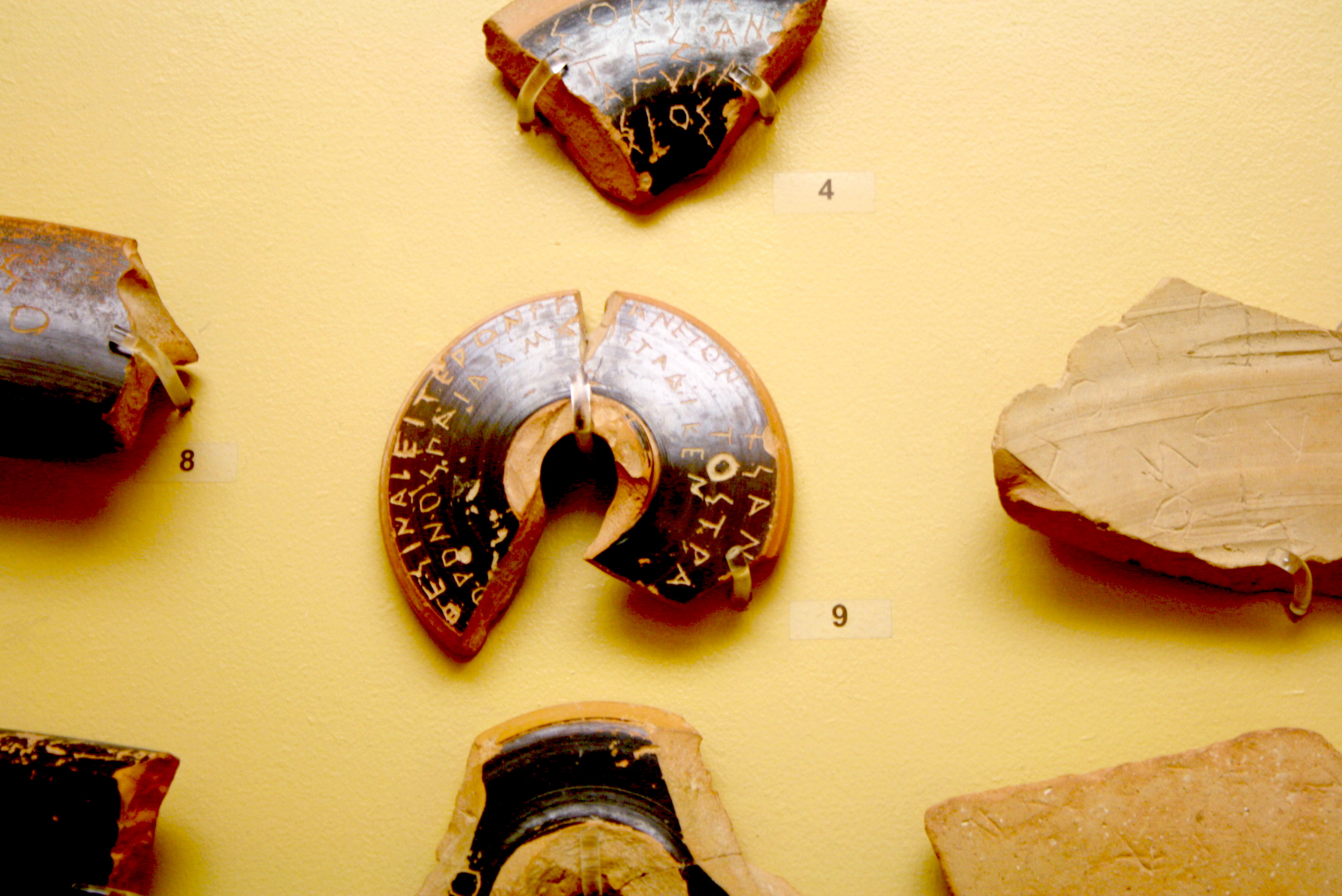

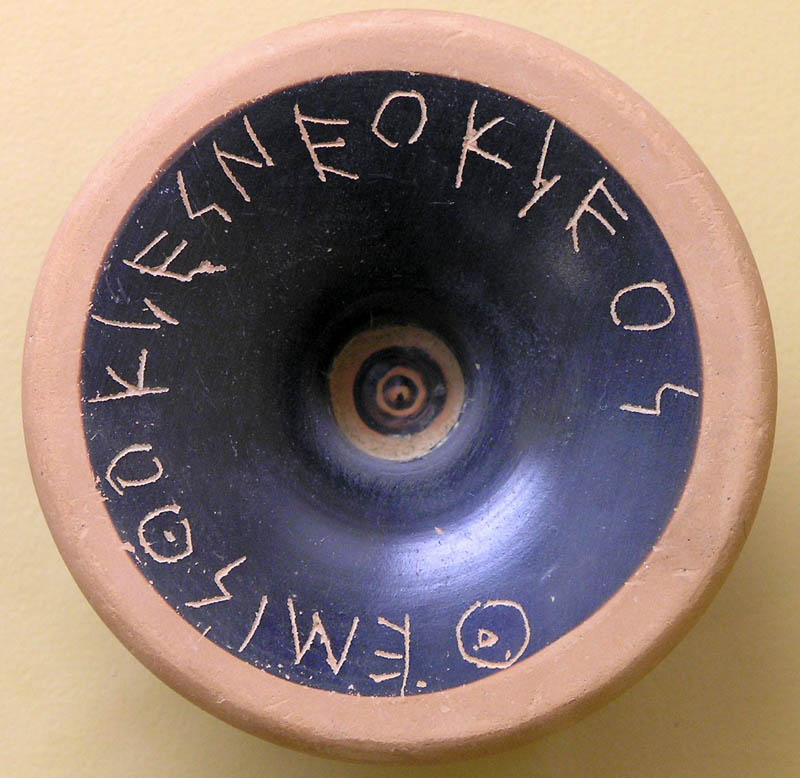
No comments:
Post a Comment